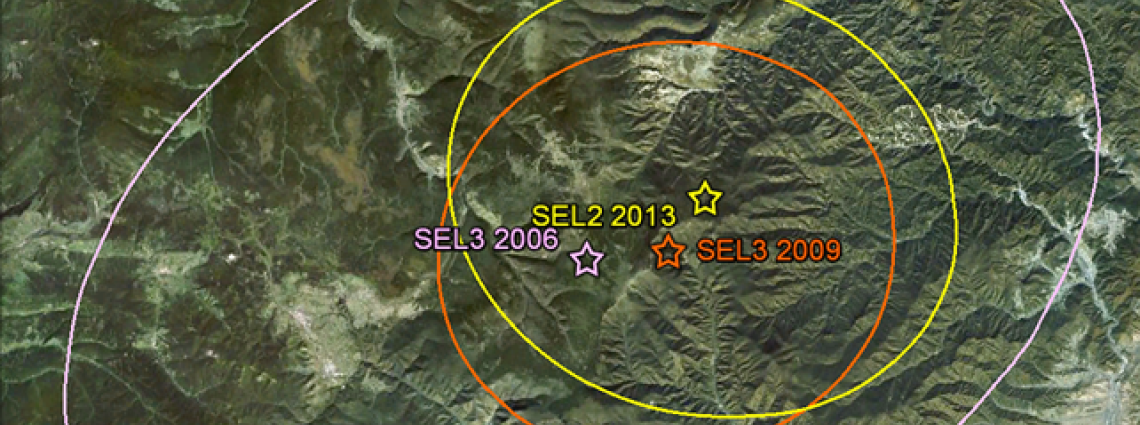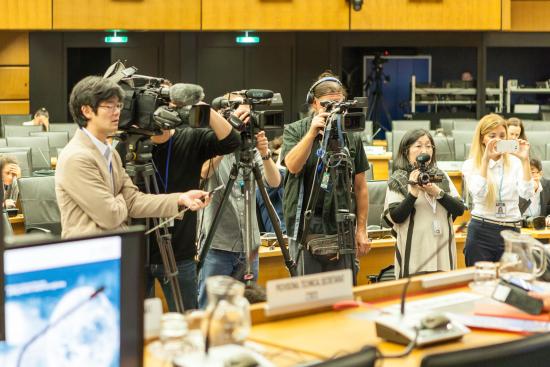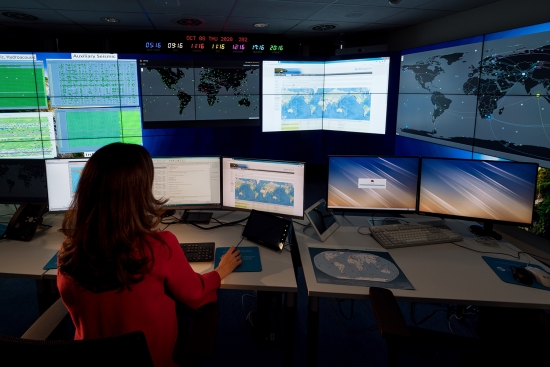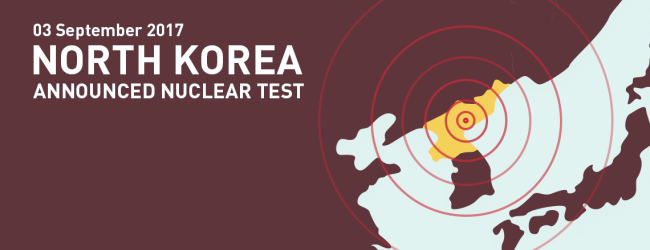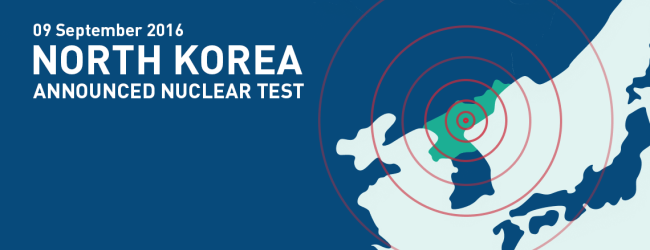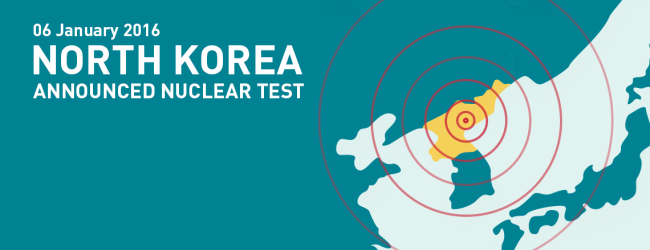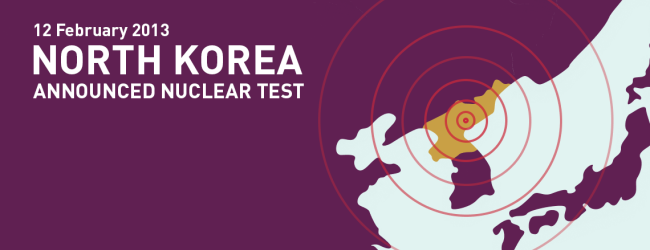Detecting Nuclear Tests
The International Monitoring System’s (IMS) unique global network of state-of-the-art technologies has demonstrated its effectiveness by quickly and accurately detecting all of the Democratic People’s Republic of Korea’s (DPRK) declared nuclear tests.
On 3 October 2006 the DPRK, also known as North Korea, announced its intention to conduct a nuclear test. On 9 October 2006 it followed through with its first test, breaching the de-facto norm against nuclear testing put in place a decade previously by the Comprehensive Nuclear-Test-Ban Treaty (CTBT).
The IMS was able to detect the test even though it was at that point only 60% operational, and despite the small yield of the explosion, with more than 20 seismic stations recording signals from the event. Its nuclear nature was confirmed two weeks later by detection of traces of the noble gas xenon 133 at the radionuclide station in Yellowknife, Canada, 7 500 km away.
On 25 May 2009, the IMS detected a second test in the DPRK at a location largely identical to the first. With around 75% of the network operational, the event was recorded at more than 60 seismic stations around the world.
A third DPRK event, on 12 February 2013, was registered by 94 seismic stations and two infrasound stations, with data reported to Member States even before the DPRK announced the test. Radionuclide stations at Takasaki, Japan, and Ussuriysk, Russia, later detected radioactive xenon isotopes confirming a nuclear fission event.
The IMS detected further DPRK tests on 6 January 2016, 9 September 2016 and 3 September 2017 – the last registered by more than 100 monitoring stations and with the largest magnitude of the six tests.
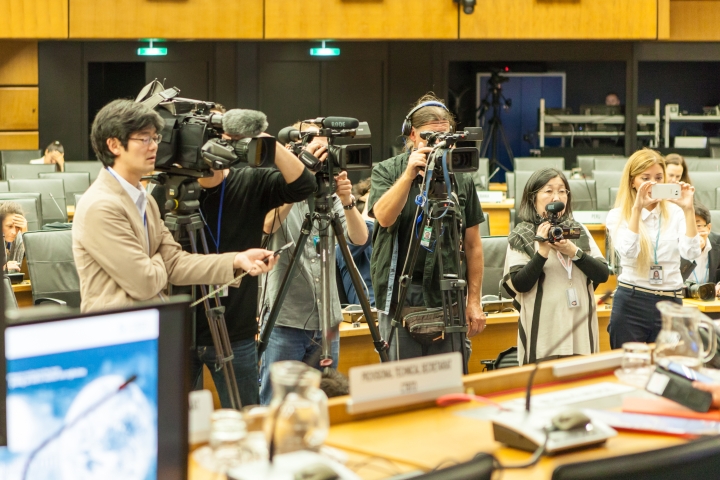

Operations Centre of CTBTO's International Data Centre (IDC)
DPRK Nuclear Tests
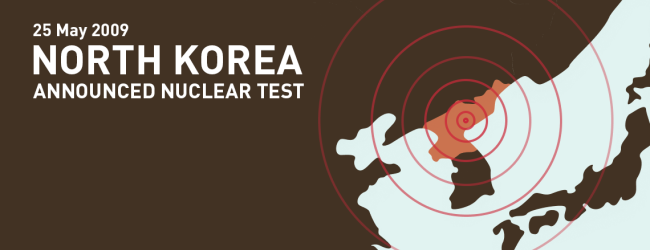
May 2009 DPRK Nuclear Test
The Democratic People’s Republic of Korea (DPRK) claimed on 25 May 2009 that it has conducted a nuclear test. CTBTO Executive Secretary Tibor Tóth has deplored the DPRK’s action as “a serious violation of the norm established by the Comprehensive Nuclear-Test-Ban Treaty (CTBT) and as such deserves universal condemnation”.
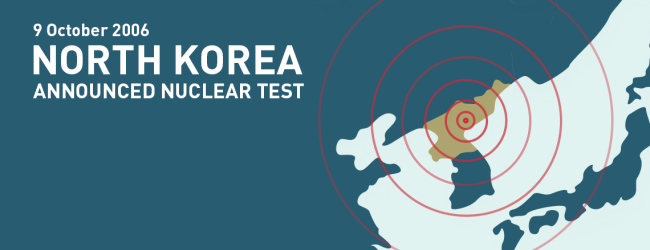
October 2006 DPRK Nuclear Test
The announcement by the Democratic People's Republic of Korea or DPRK on 9 October 2006 that it had conducted a nuclear test was met with practically unanimous global expressions of concern. The UN Security Council strongly condemned the act as a clear threat to international peace and security.
